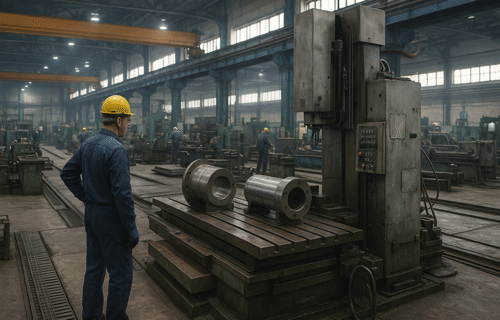Business conditions in the Czech manufacturing sector worsened noticeably in October, according to the latest data from S&P Global Market Intelligence. The Purchasing Managers’ Index (PMI) fell to 47.2 points from 49.2 in September, marking the fourth consecutive month of contraction and the steepest decline since January.
The survey showed a sharper drop in production, new orders, and employment, reflecting subdued demand from both domestic and foreign markets. New export orders continued to fall for the 19th month in a row, while business confidence weakened to its lowest level since the end of 2024.
S&P Global senior economist Sian Jones noted that “the final quarter of the year began on uncertain ground for Czech manufacturers,” citing weak external demand and reduced order inflows. She added that although input cost inflation eased to its slowest pace in nearly two years, firms were still forced to lower output prices amid competitive pressure and limited sales growth.
Employment fell at the fastest rate in seven months, with many companies scaling back recruitment and cutting costs. Despite easing inflationary pressures, manufacturers remained cautious, reporting limited optimism about production prospects for 2026.
Some analysts said the PMI results contrast with other short-term indicators suggesting a modest improvement in industrial sentiment. Vít Hradil of Investika observed that such discrepancies are common when trends begin to shift, while Martin Kron of Raiffeisenbank warned that persistently weak foreign demand could dampen expectations for recovery in the coming months.
The October data point to a slow start for Czech industry in the fourth quarter, with firms balancing lower output and cautious investment as they await a clearer rebound in external markets.
Source: CTK
